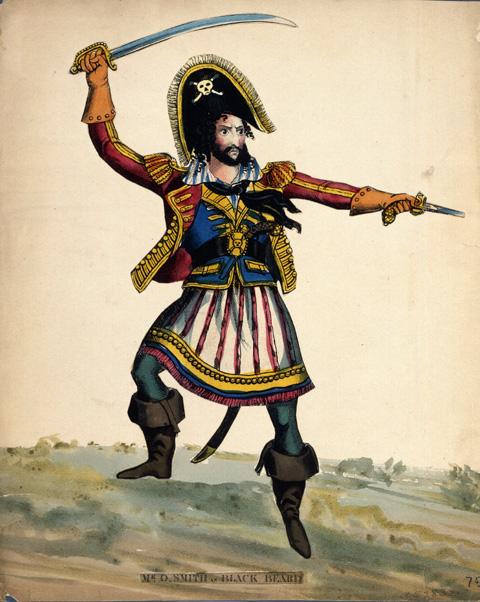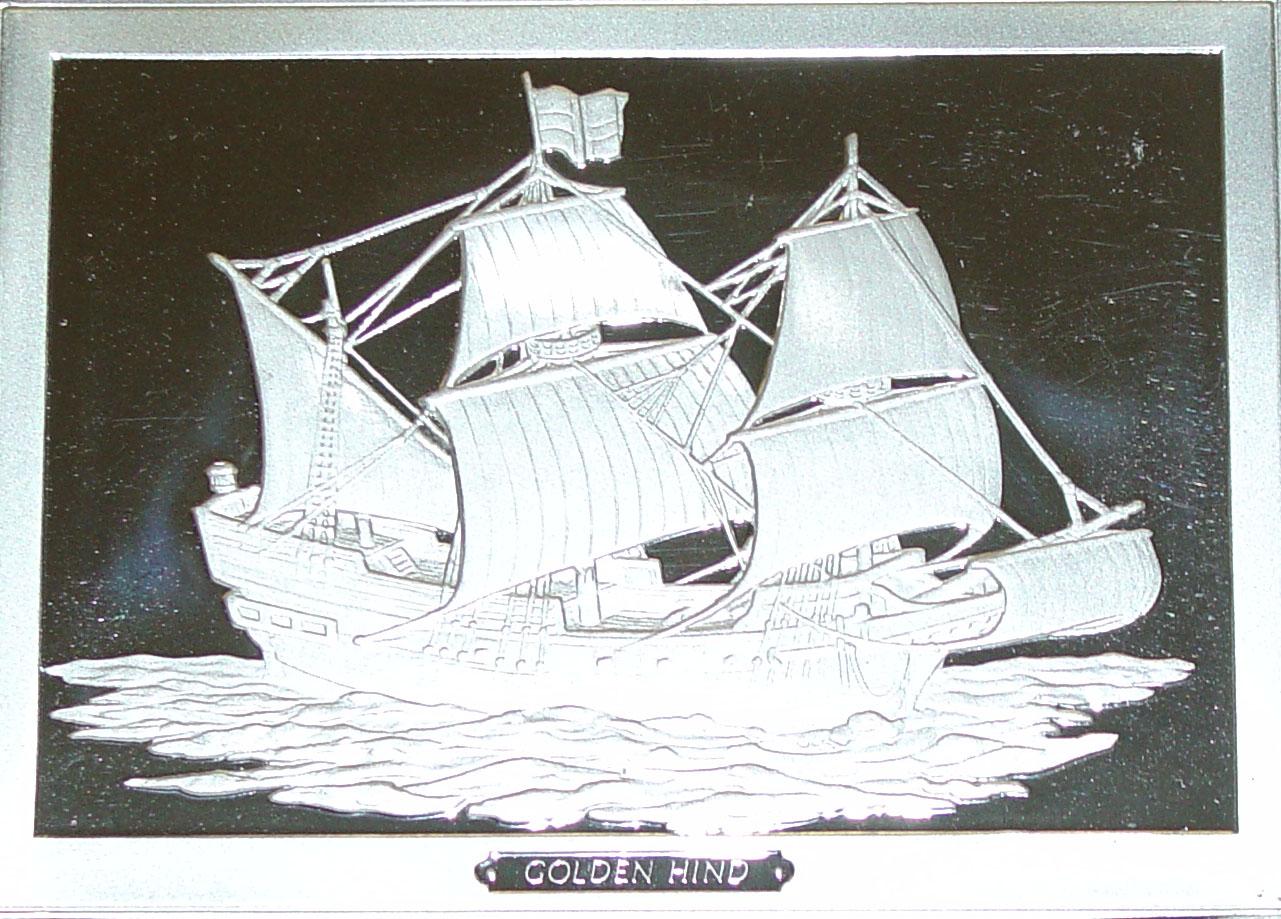Greetings readers, and welcome back to the Library blog. As we delve deeper into the realm of piracy, a lot of potentially confusing terms are used to make sense of the men and women who struggled over wealth in the late 17th and early 18th century Caribbean. Terms like Pirate, Buccaneer, and Privateer crop up with noticeable frequency, and are often used as synonyms. However, each of these terms has a separate and distinct meaning, even if the people these terms are applied to are too complex for any one title. Therefore, I would be happy to tell you the difference between a Buccaneer, a Pirate, and a Privateer.

First, let’s discuss the term “Pirate.” Often used as the most generic term, pirate also happens to be the most encompassing. A pirate is any person who uses the sea to commit theft. Pirates could be people who use boats to attack ports or ships, and may even be applied to those people who simply escape by sea. The term is loose enough that it can encompass more specific groups like slavers, Vikings, and the Somali pirates active nowadays. Above all else, a Pirate is breaking the law.

Second, let’s examine the term” Privateer.” A Privateer is any individual granted license by their government to attack shipping belonging to an enemy government, usually during a war. Privateers are like private contractors: They receive a Letter of Marque from their nation’s Admiralty, which grants them permission to raid enemy ships and keep a percentage of the spoils – so long as they pay a cut of that bounty back to the government. The bearer of the Letter of Marque would then go about hiring his or her own crew and ship at their own expense. A Privateer is operating legally, so long as they have the Letter of Marque. Check out my next post for the final term, Buccaneer!